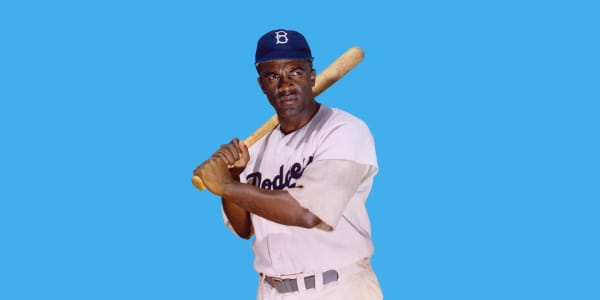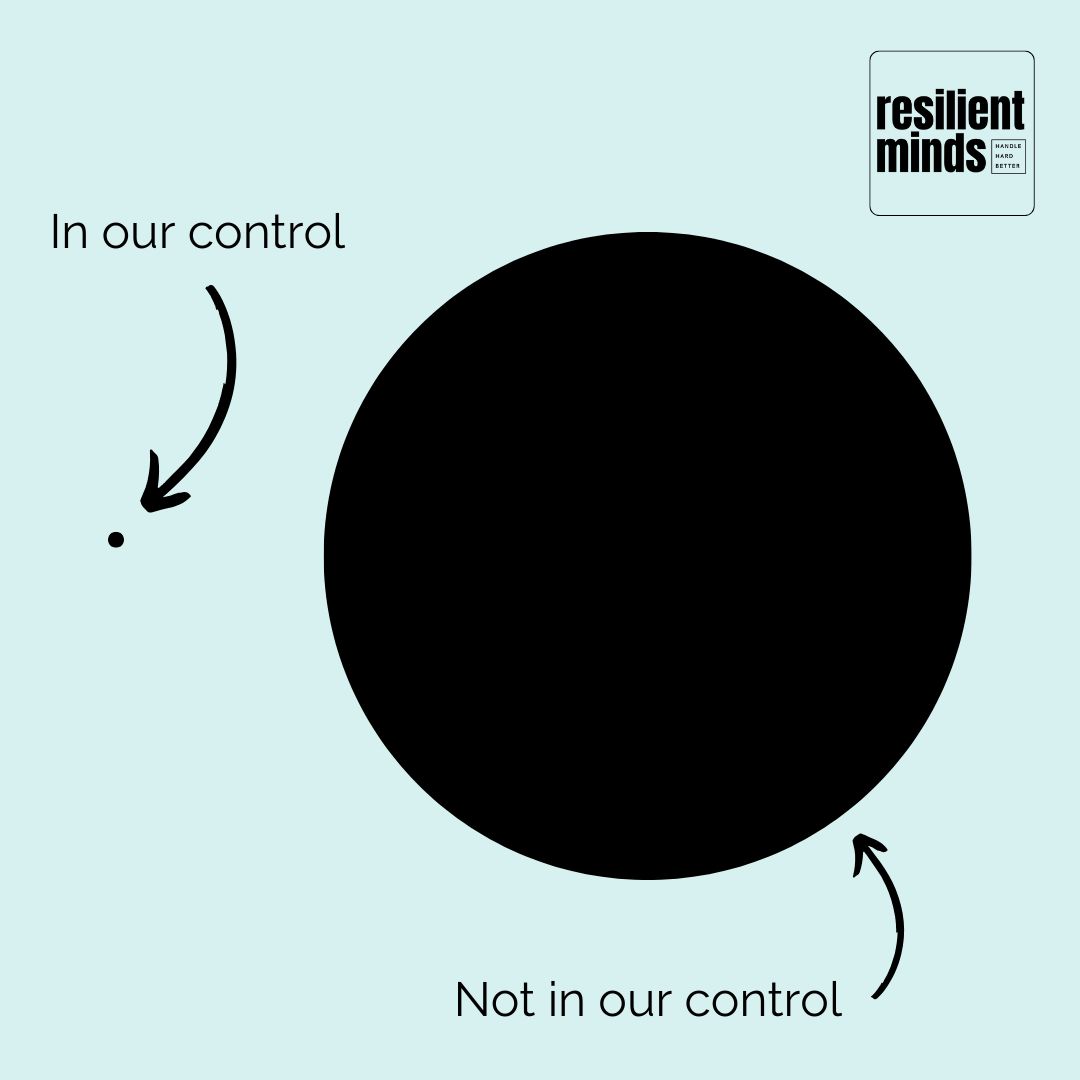- The Resilience Brief
- Posts
- Building leadership resilience
Building leadership resilience
Real-life resilience - Jackie Robinson

Baseball’s World Series is in full swing right now, so I wanted to focus this week’s edition on the most resilient story in baseball history: Jackie Robinson. Don’t worry if you’re not a baseball fan….the takeaways are universal and profound.
Jackie Robinson was an American baseball player in the 1940s and 50s. He made history on April 15, 1947, when he broke Major League Baseball’s colour barrier to join the Brooklyn Dodgers. Some of us may know the story from the 2013 film “42”. That was how I first discovered Jackie’s immense resilience as he battled through racism, death threats, jeers from fans and even his own teammates!
A defining moment came in a game against Philadelphia. He faced a pitcher who intentionally threw a fastball at Robinson’s head. Back in those days, the players didn’t wear helmets!
Robinson barely dodged it. The crowd hurled racial slurs and the Phillies’ dugout taunted him with vile insults. Every instinct in his body could have told him to react, to charge the mound, to fight back, to yell. But he didn’t.
He stepped back into the batter’s box, adjusted his cap, and kept playing.
Later, he said that not retaliating was the hardest thing he’d ever done. But geeze did it prove his character!
Rather than walking away or snapping back at the taunts, he maintained composure and let his game do the talking. It was a resilience that went far beyond just mental toughness. It was rooted in purpose….an understanding that this moment and opportunity was far greater than him. His success paved the way for others and reshaped opportunity for young coloured kids across the country.
He went on to win Rookie of the Year in 1947, MVP in 1949, appeared in six consecutive All-Star Games, and helped the Dodgers win the 1955 World Series. He finished his career with an incredible batting average and a legacy far beyond numbers.
A lesson in resilient leadership.
“A life is not important except in the impact it has on other lives.” - Jackie Robinson
When Jackie joined the Dodgers, he and his wife Rachel had just welcomed their first child, Jackie Jr. Imagine trying to safely raise a baby while the world is throwing everything at you in hatred. Jackie’s deliberate choice that he would not lash back was made a conscious decision to rise above it all. Because he knew his son (and many other sons and daughters of colour) would be watching.
We should linger on that selflessness for an extra moment. I like to imagine how different some companies might be if more leaders thought like this. That’s the kind of leadership worth celebrating. It’s the kind of leadership that leaves something behind in the hearts of the next generation, not in spite of the pressure, but through it.
It’s no secret that today’s world is full of pressure, so we all need leaders who demonstrate a resilience modeled off Jackie’s.
Here are some ideas to start with.
Our response matters. As a parent, my kids don’t just hear what I say, they watch what I do when life gets hard. It’s the same with team members - they take note of the way senior leaders respond. They notice when when we lose our cool, or when we make a mistake. They watch to see how we respond. Jackie could have easily lashed out and thrown some punches. Instead, he modeled restraint, dignity, and emotional control. The next time something inflames us, we should pause before responding and ask what the teachable moment is. Sometimes not reacting is the bravest and strongest move we can make.
Know what’s worth fighting for. Jackie endured the constant racism because he had a greater mission in mind. He believed that every step he took on the field opened doors for those who’d come after him, including his own son. That clarity in the mission gives us fuel. It’s less about ego and more about meaning. The opportunity here is to anchor our actions in a deeper why. One way to do this is to ask ourselves “why does this matter?” five times until we reach the deeper reason. That’s the anchor when the storm hits.
Composure under attack. He couldn’t control how others behaved, but he could control his response. That’s all we ever have in our control - what we think, say and do. At work, composure shows up when we breathe before replying to criticism or chaos. I use a quick breathing pause before reacting; emotions lose power when we don’t feed them.
Remember the wins. On tough days that aren’t working for us, we can try to remember the times that did go well. That reminds us of why we’re doing the work. When purpose is bigger than pain, we become more durable. And when the world feels quiet or unresponsive, we can reach into our “cookie jar” - that bank of small wins and moments that remind us why we started.
Let love be visible. Rachel Robinson often said what held their family together through the storms was Jackie’s tenderness at home. The way he played with their children, loved them, and kept choosing a calm presence, even when exhausted. It’s in these moments that resilience allows for softness, too. So it’s never a bad time to tell someone that you love them. Write a note, hug someone, or make the call. Let love be seen.
When we’re resilient, we’ll meet any moment with strength and courage to move forward. And, when we’re really locked in, we do it with the ambition to also make things just a little better.
Because the greatest opportunity we have as leaders, parents, team members, friends is to leave a positive impact on others.
Jackie paved a brilliant path - one that we still talk about nearly 80 years later. We can do the same.
Stay resilient friends.
Carré @ Resilient Minds
PS - If Jackie Robinson can get through the extreme challenges of racism, slurs, and missiles launched at his head, we can find ways to get through long days, chaotic environments, and grumpy colleagues. Want a workshop to build a resilient team that can handle anything? Reply to this email and we’ll chat.
PPS - A reminder below that all we ever control is what we say, think and do.

What did you think of today's newsletter? |
Reply